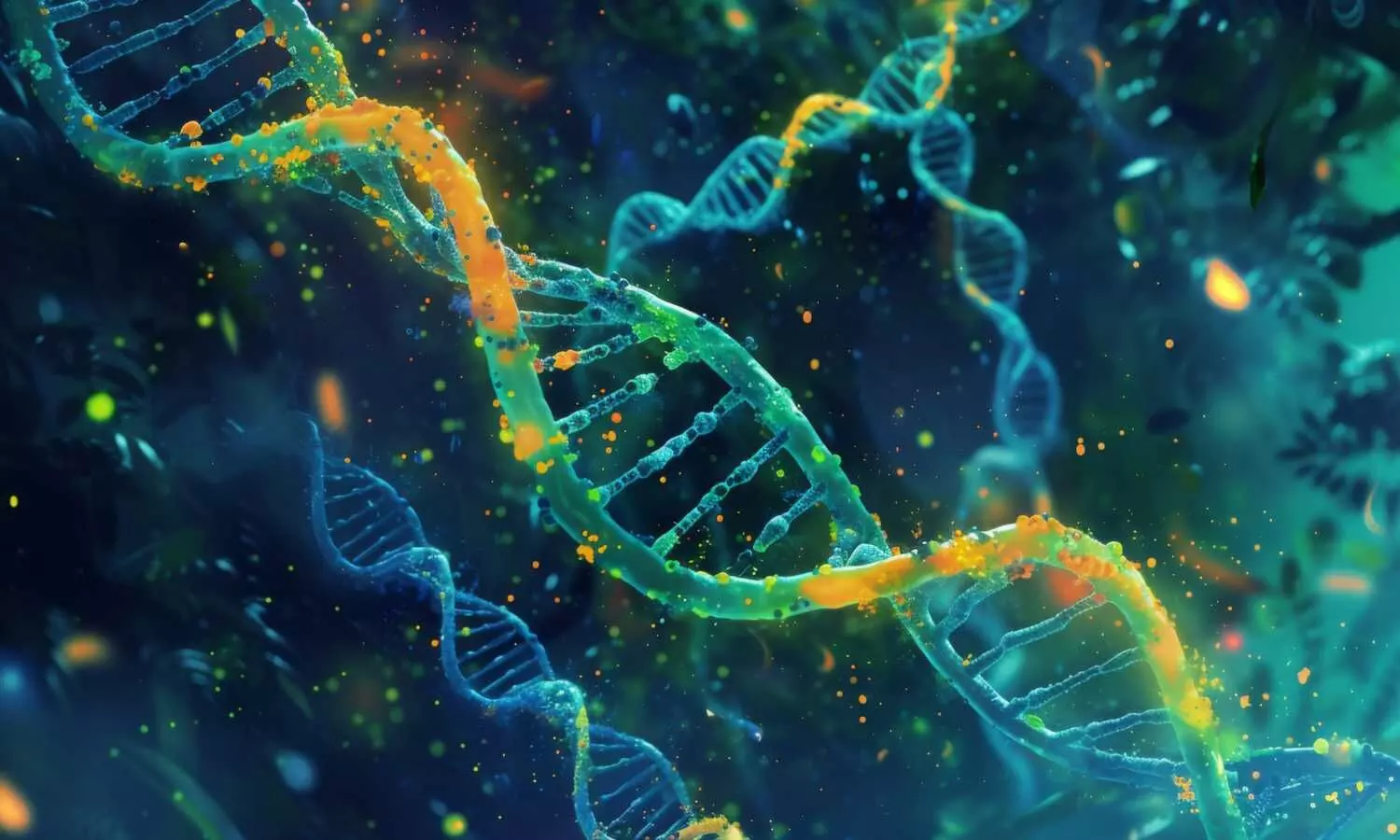Researchers Identify Genetic Signature to Predict Immunotherapy Success

Jerusalem: Israeli scientists have identified a genetic "fingerprint" that could help predict how well a patient will respond to immunotherapy, according to a study from the Israel Institute of Technology (Technion), as reported by Xinhua news agency.
The researchers say this discovery could significantly enhance the personalization of immunotherapy, a groundbreaking approach in cancer treatment that strengthens the immune system’s ability to detect and eliminate cancer cells.
One of the biggest hurdles in immunotherapy is its unpredictable effectiveness while some patients benefit greatly, others do not, and may suffer side effects without meaningful progress. As a result, identifying biomarkers that can anticipate treatment outcomes for individual patients is essential.
In their research, published in Cell Genomics, the team analyzed the genetic profiles of T-cell clones immune cells that multiply to target specific threats—looking at their role in determining treatment outcomes.
They performed a comprehensive meta-analysis using single-cell RNA sequencing and T-cell receptor sequencing data from cancer patients undergoing immunotherapy.
The study revealed that while T-cell clones are present in both patients who respond to the treatment and those who do not, the responders exhibit a unique genetic signature within these clones. Immunotherapy appears to enhance the immune activity in these cases.
Another key observation was that in non-responding patients, certain T-cell clones were found in both the blood and the tumor, suggesting a possible mechanism behind the lack of response.
To achieve a better immune response, it is crucial to activating T-cell clones located solely within the tumour, rather than those present in both the tumour and the bloodstream, the researchers said.
They added that this discovery will enhance predictive capabilities and could lead to new treatment strategies that improve the effectiveness of immunotherapy.
Next Story


